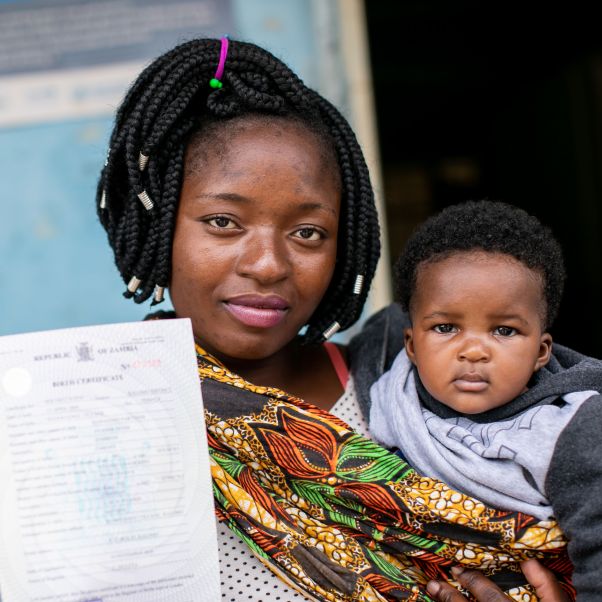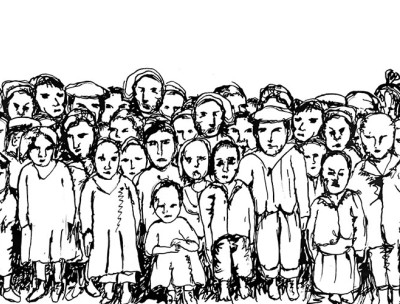OHCHR and the right to a nationality

About nationality and human rights
The right to a nationality is a fundamental human right. It implies the right of each individual to acquire, change and retain a nationality. International law provides that the right of States to decide who their nationals are is not absolute and, in particular, States must comply with their human rights obligations concerning the granting and loss of nationality.
If a person does not have a nationality, it may be impossible for them to go to school, see a doctor, get a job, open a bank account, or even get married. Millions of people around the world are in this situation; they are 'stateless'.
A stateless person is ‘a person who is not considered as a national by any State under the operation of its law.’ The exact number of stateless people is not known, but the United Nations High Commissioner for Refugees (UNHCR) estimates that there are at least 12 million globally.
In addition to violations of their right to a nationality, stateless persons are often subject to many other human rights violations. They may have difficulty accessing basic rights such as education, healthcare, employment and freedom of movement. States shall introduce safeguards to prevent statelessness by granting their nationality to persons who would otherwise be stateless and are either born in their territory or are born abroad to one of their nationals. States shall also prevent statelessness upon loss or deprivation of nationality.
Minorities, discrimination and statelessness
Discrimination, including on the grounds of minority status, religion or belief, age, gender identity or gender expression, disability, language, racial or ethnic origin, sex, sex characteristics or sexual orientation -- or a combination of these -- is one of the leading causes of statelessness. It is estimated that more than 75% of the world’s known stateless populations are members of minority groups.
Statelessness exacerbates barriers already faced by minorities and other disadvantaged groups. Women belonging to minorities may be further marginalized by gender-based discrimination in relation to their acquisition, change or retention of nationality and the conferral of nationality on their children. While nationality alone is not a cure for the stigmatization and discrimination faced by stateless minorities, it is generally crucial to the full and equal exercise of human rights and freedoms.
OHCHR's work on the right to a nationality and on statelessness
Through several of its field presences, OHCHR provides technical advice on nationality laws and policies so they are in agreement with international human rights standards.
In particular with respect to women's right to a nationality, OHCHR advocates for reform of nationality laws that discriminate against women and impact the enjoyment of rights by their children and spouses.
Virtual Roundtable on Equality and Non-discrimination in Nationality Matters to End Statelessness
OHCHR and UNHCR jointly convened in October 2021 a Virtual Roundtable on Equality and Non-discrimination in Nationality Matters to End Statelessness.
Full video of the October 2021 Roundtable
The outcome document of the October 2021 Roundtable, reflecting issues, concerns, good practices and recommendations emanating from the Roundtable is available at link.
Geneva Global Consultations 2021
In the run-up to an October 2021 Roundtable on Equality and Non-Discrimination in Nationality Matters to End Statelessness, OHCHR and UNHCR undertook a stocktaking on national laws, policies and practices in this area. A short survey was distributed to UN Member States, and public consultation was also opened online. The results of this consultation were included in a non-paper available on link.
OHCHR supports UNHCR's Campaign to End Statelessness, and is a member of IBELONG: the Coalition on Every Child's Right to a Nationality. In 2022, OHCHR has joined the new Global Alliance to End Statelessness.
